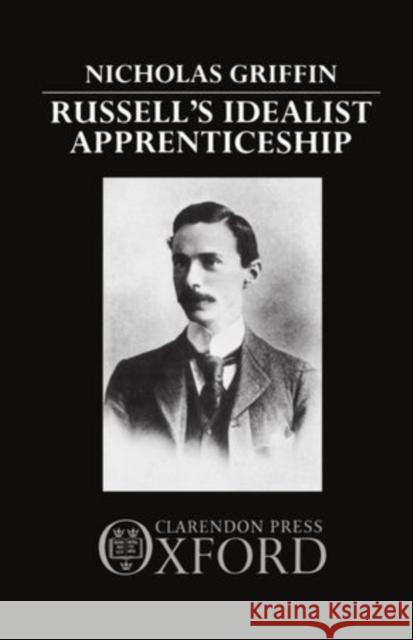Russell's Idealist Apprenticeship » książka
Russell's Idealist Apprenticeship
ISBN-13: 9780198244530 / Angielski / Twarda / 1991 / 424 str.
* Two important new books on RussellModern analytic philosophy was born around the turn of the century, largely through Bertrand Russell's and G. E. Moore's reaction against the neo-Hegelianism which dominated British philosophy in the last decades of the nineteenth century. It is well known that Russell had himself been a neo-Hegelian, but hitherto little has been known about his work during that period. Yet this work was important, not only for Russell's development as a philosopher, but also for the development of analytic philosophy.Based mainly on unpublished papers held in the Bertrand Russell Archives at McMaster University, this book is the first detailed study of this early period of Russell's philosophical career. The first three chapters are concerned with Russell's philosophical education at Cambridge in the early 1890s and his conversion to neo-Hegelianism. The remaining chapters outline his ambitious plans for a neo-Hegelian dialectic of the sciences, and the problems which ultimately led him to reject it.
Based mainly on unpublished papers this is the first detailed study of the early, neo-Hegelian period of Bertrand Russell's career. It covers his philosophical education at Cambridge, his conversion to neo-Hegelianism, his ambitious plans for a neo-Hegelian dialectic of the sciences and the problems which ultimately led him to reject it.











